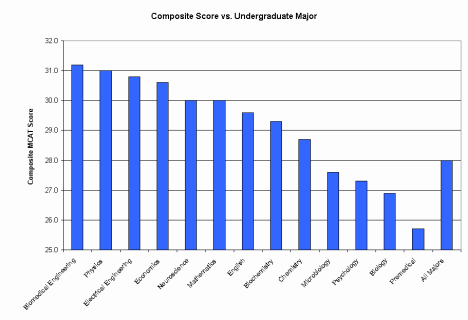I live in a city that has one of the top 10 best engineering colleges in the entire country and I know several current/former premeds there.
DON'T DO IT IF YOU WANT TO BE A DOCTOR. Their GPA's were utterly DESTROYED by engineering. One guy I know is going to have to do a post bacc to fix the GPA damage and it's a shame because he is really smart and will make an excellent doctor one day. Engineering is not worth it for premed. There are plenty of majors out there that involve problem solving that are not engineering. Remember, adcoms don't give two ****s about what major you had, how "hard" it was or how "difficult" your school is. They care about numbers. That's it. I know it's not fair, I know it sucks, but that's just how it is.
Here's what you should do: Go in as undeclared for your freshman year. Do your gen eds, do some of your med school prereqs and take some fun classes to see if you can find a major you like that utilizes your interests. Also during your freshman year, do some volunteering and get some clinical experience. Maybe take an EMT class (they're very easy). That's what I did and the clinical experience I got during my clinicals for EMT class confirmed that medicine is what I wanted to do. I can even remember the precise moment when I decided that I was in the right place- my first code on a flash pulmonary edema patient. There's nothing like the rush you get working a code. If after getting some clinical experience your freshman year, you find that medicine isn't your thing? Then go ahead and declare an engineering major. No harm, no foul. But if you find medicine is what you want to do? Then you can experiment and find a major that still utilizes logic and problem solving, but isn't quite the GPA killer. Remember, you don't have to do a science major. It doesn't even have to be a STEM major. I mean, I was a music major for Christ's sake. Sometimes having an unusual major like that can reflect positively on your app because it shows you are well rounded. So many premeds have the cookie cutter "bio", "chem", "biochem" etc majors that its refreshing to see someone who majored in music, creative writing, drama, dance, art, art history, 16th Century French literature, women's studies, religious studies, philosophy (philosophy is a great one for deep thought, logic and problem solving!), etc. Things you love, but might not be able to get a job with. Having other interests and talents are VERY important and often get overlooked by premeds. Don't get tunnel vision. Don't be cookie cutter. Just remember, whatever major you choose, keep up your GPA and do well in the prereq courses.
This way you save yourself the bad GPA and give yourself time to figure out which field you want to go into.
But, whatever you do, don't try to do both engineering and medicine. You're shooting yourself in the foot. Decide first, then pick one.
